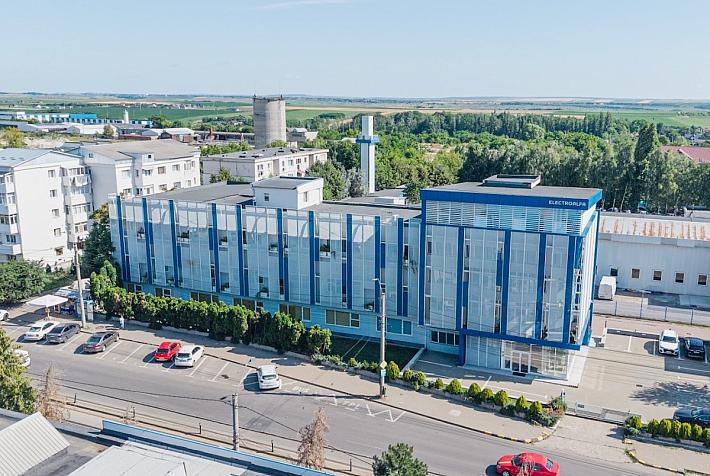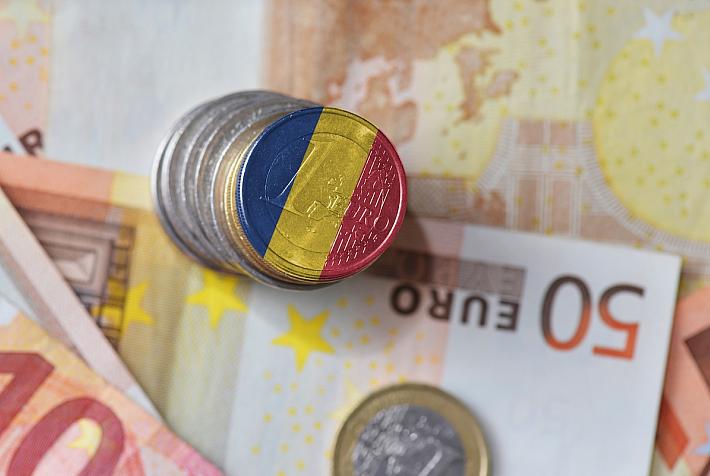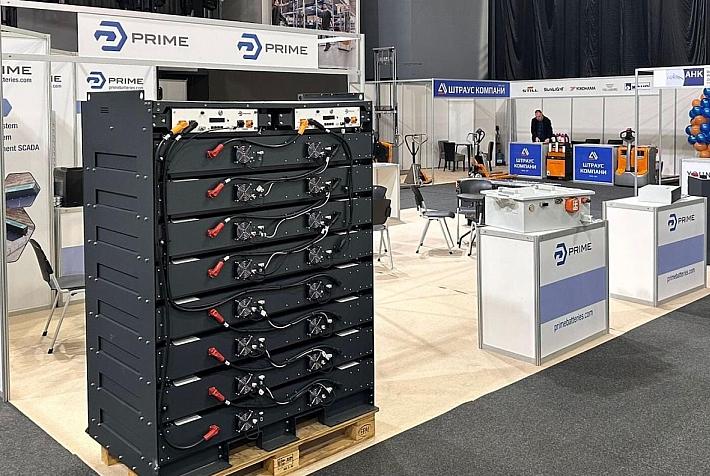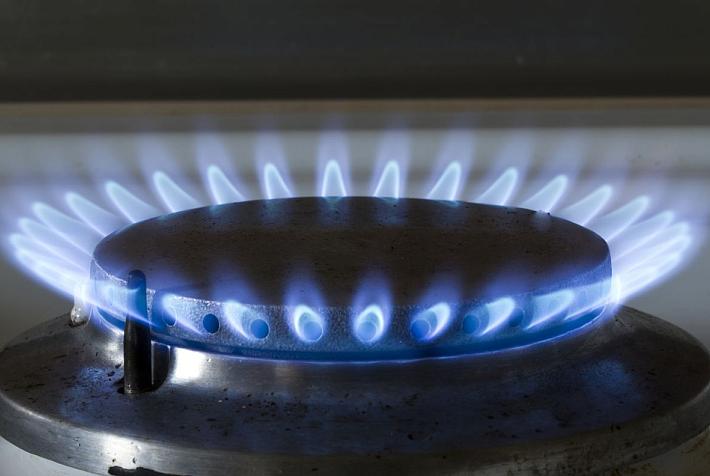Raiffeisen Romania expects higher inflation, twin deficits to prompt policy rate hikes

The rising energy prices will push up the inflation rate from 5.25% in August to 7.3% at the end of the year, according to Ionuţ Dumitru, chief economist of Raiffeisen Bank, quoted by Ziarul Financiar.
The National Bank of Romania (BNR) had recently revised upward its forecast for the yearend inflation to 5.6% - a figure that already seems overly optimistic.
The electricity and gas prices are already well above even the most pessimistic forecasts, and they will further pass through to all the other prices in a second round.
It is still not clear what impact will have the Vulnerable Consumer Law on the electricity and natural gas headline inflation, Dumitru explained. But it may have no direct impact since the Law provides for the subsidisation of the high prices of energy - with the high prices still reflected by the consumer price index.
The chief economist of Raiffeisen Romania also warned that the twin deficits - the deficit of the public budget and current account - can not be kept under control given the euphoria in the economy ultimately making a negative impact on inflation, exchange rates, and interest rates.
Given the increase in inflation and twin deficits, the interest rates can only rise, Raiffeisen’s economist concluded.
This is particularly relevant since the other central banks in the region, in Hungary, the Czech Republic, and Poland, have already begun the interest rate normalisation process, although they do not face such a high rise in inflation as in Romania and do not face the twin deficits problem.
On the interbank money market, ROBOR has grown steadily in recent weeks, trading at 1.77% on Thursday, well above the Lombard interest rate of 1.75%.
(Photo: Shutterstock)
andrei@romania-insider.com













